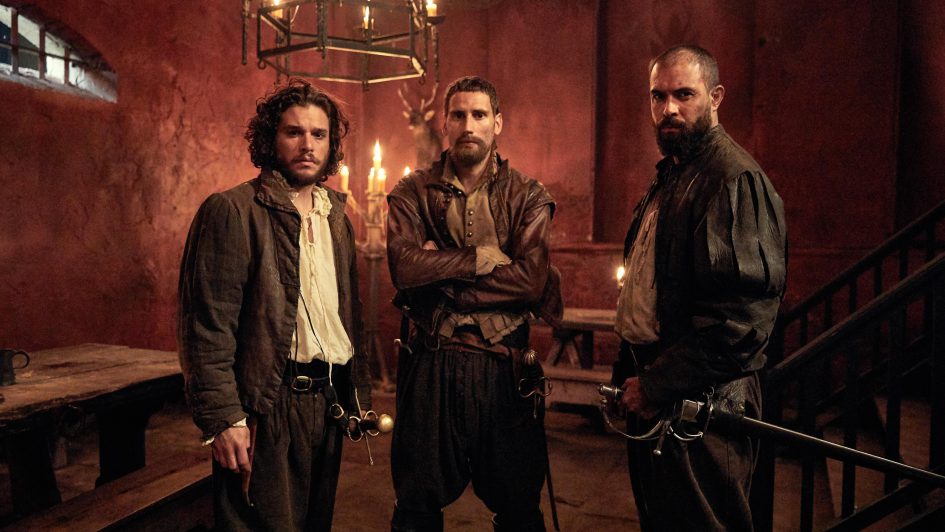When one thinks of religious persecution, the first thing to come to mind is usually the Inquisition in all of its medieval harshness. One rarely thinks of the equally–if not more brutal protestant renditions, the English persecution in particular. When Henry VIII separated the English church from Rome in order to divorce his wife because she wouldn’t bare him a male heir, he set off a drawn-out rivalry that ended in what has been called the hidden English genocide.
Henry VIII’s daughter Elizabeth took the throne in 1558 and promptly reversed her half-sister’s reestablishment of Catholicism for the realm. Elizabeth I had herself made head of the church as well as the kingdom and persecuted those who would not tow the line, killing many priests, religious and laypeople. The method of killing was particularly gruesome and typically involved torture like disembowelment.
After Pope Pius V’s “Regnans in Excelsis” which excommunicated Elizabeth and freed her subjects from her rule, the antagonism increased on both sides and so did the persecution. Some expected Elizabeth’s successor and son of a Catholic, James I to be more lenient, but he was not and the persecution intensified. Some estimate the total killing to be upwards of a thousand souls and the Church has beatified at least 359 as martyrs. What’s worse was the genocide in Ireland in which 1.5 million souls were under the English occupation.
Without all the backstory, Gunpowder takes up the saga with the killing of acquaintances of Robert Catesby, who, with fellow underground Catholics, worked to undermine the throne and ultimately toward the assassination King James and the entire Parliament.
The story is dark, violent, and without any comic relief to speak of. It is realistic, but while that lends itself to accurate historicity, it makes for a bleak and tired entertainment. There are entertaining sword and gun fights and some intense cloak and dagger (literally) scenes, but there were numerous missed opportunities and with every climactic scene, it seems there was an equally uninspiring line of dialogue. When the conflicted priest is interrogated at the end by the villainous security minister, all he can come up with is the obvious and unpoetic, “You cannot be surprised when the people you persecute turn on you.” This is clearly no “A Man For All Seasons“.
The acting is good and the cinematography excellent, but the miniseries is more a documentary than a drama. It will help you to understand what Catholics went through in barbarous England and it will make you examine what you would do for your own faith, but it won’t inspire you to do anything about it once you do.
 The Libertarian Catholic
The Libertarian Catholic
















